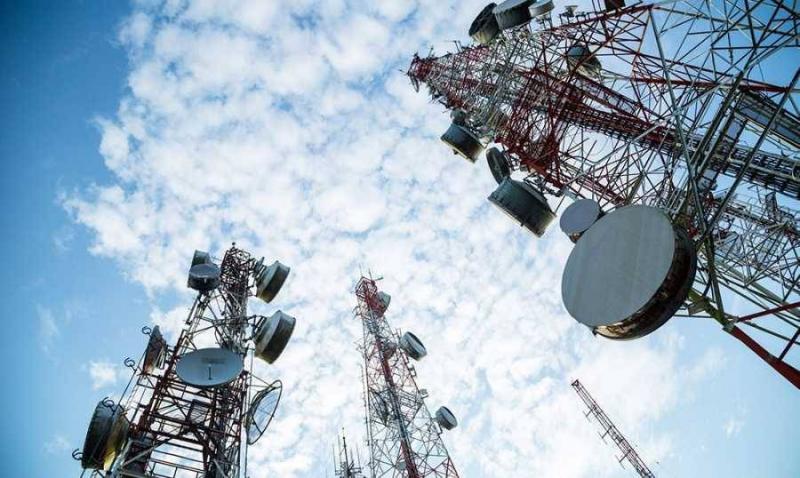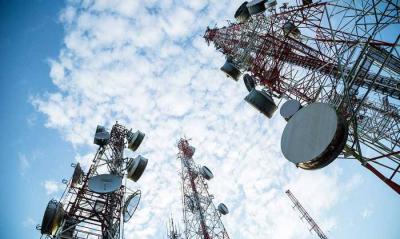Unlike what occurred in 2019, when the government's announcement to impose a financial charge on free communications through the app "WhatsApp" sparked a significant public uprising, the current government led by Najib Mikati saw its announcement to raise telecom and internet fees pass quietly, amidst a state of public submission. This is primarily because Lebanese citizens have become accustomed to inflated prices for various goods and services, some of which have increased in price by dozens of times.
The government, along with the Ministry of Communications, justified the decision to raise fees as a means to address the collapse of the sector, as most of its expenses are in dollars, while its revenues are still based on the official exchange rate of 1,500 LBP to one dollar. Communications Minister Johnny Qaram stated to "Asharq Al-Awsat" that the fee increase "saved the sector, which could not continue as it was facing various financial issues with suppliers and employees." He explained that "the cost of fixed-line services increased two and a half times, noting that there are lower-priced packages for low-income users and others priced higher. As for mobile services, the average bill has reached 7 dollars, with some packages available for 4.5 dollars."
Qaram pointed out that despite the fee increase, communication costs in Lebanon remain the lowest compared to neighboring countries; for instance, the average in Jordan, which is similar to Lebanon in terms of per capita income and population, is 11.5 dollars, while in Lebanon it is now 7 dollars. In response to a question, he clarified that the fee increase will positively impact the sector by addressing several issues, though there remain other problems unrelated to fees such as thefts of cables, diesel, and batteries, along with the dependency on generators that are often in short supply. He added: "I did not accept turning the telecom sector into something resembling the electricity sector. Ultimately, the sector is not in an isolated bubble; it is directly affected by the financial situation. Just as citizens have reduced their consumption of many goods and services, the same must apply to telecom and internet services."
For his part, Imad Kreidieh, the general director of the "Ogero" Authority, which serves as the executive arm of the Ministry of Communications, stated that the recent price increase is "the best possible outcome for both citizens and the institution." He indicated that "prices have risen, alongside package content to sustain the sector at a minimum level." He explained that changes and additions will be made to internet packages similar to those offered in neighboring countries, saying: "We have opened a channel for small and medium-sized enterprises to reduce investment spending for companies and utilize the infrastructure of the 'Ogero' Authority to cut costs."
The increase in telecom and internet fees is merely a continuation of the price-hiking trend that has persisted since 2019, in line with the rise of the dollar exchange rate. The price of a canister of gasoline recently reached around 550,000 LBP after not exceeding 25,000 LBP three years ago.
Brigitte Kheir, a development and social expert and former UN official, remarked that "the telecommunications sector is no more or less important than other life aspects affected by global crises, which have repercussions on the Lebanese economy that is on the brink of collapse due to multiple known crises." She highlighted in a statement to "Asharq Al-Awsat" that "the Lebanese citizen's ability to adapt to crises is both a blessing and a curse. It is a blessing as it is the secret to the Lebanese's continuity, allowing them to overcome life challenges that other nations have succumbed to, causing mass displacement. Conversely, it can be a curse as it absorbs shocks that should instead provoke rejection of practices and demand accountability from politicians with anger and determination, rather than occupying citizens with finding new and creative ways to cope with a reality created by the ruling authority." Kheir added: "The handling of the new and increased telecom bill is expected to follow a pragmatic approach to adapt and avoid disruptions in goods and services, assisted by Lebanese citizens abroad, who represent the remaining lifeline for the vast majority of citizens residing in Lebanon."




